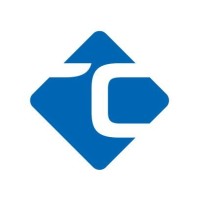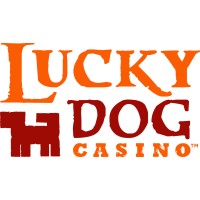
CT Gaming
CT Gaming is the heir of Casino Technology a manufacturer and provider of highly performing games, slot machines and solutions for land based and online gaming. With over 20 years of history, the company has developed portfolio of quality products that generate excellent results. Having installations in more than 50 jurisdictions, with offices and distributors in over 15 countries and a dedicated team of hundreds of professionals, the company is committed to deliver innovative technology solutions with dedication to customers needs and deep understanding of market requirements.






